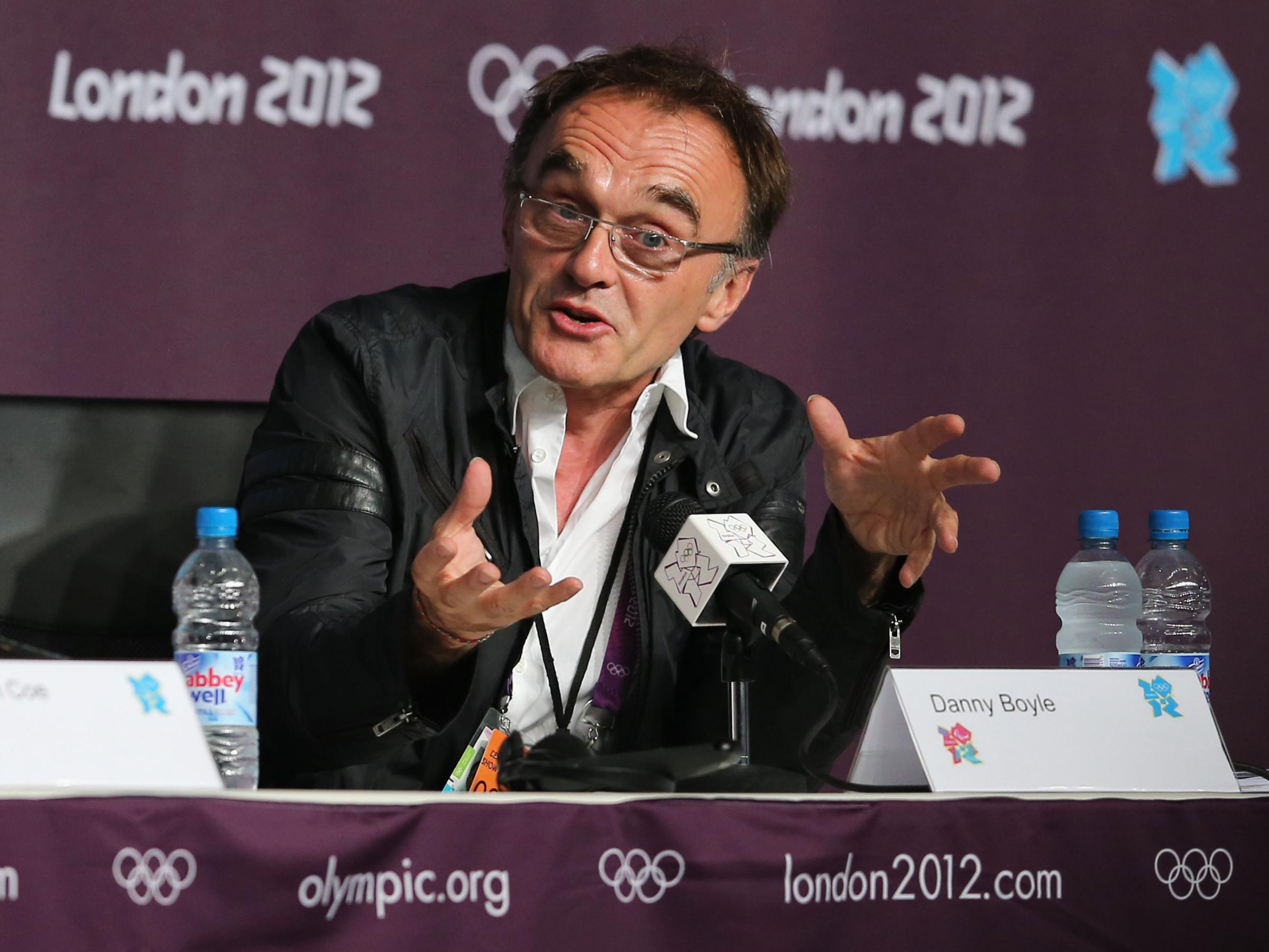- Details
- Written by: Kamran Mofid
- Hits: 3821
Sandhya Jain is Editor, www.vijayvaani.com
The collapse of the Soviet Union two decades ago was followed by the rise of two unnoticed but related phenomena: first, the West pushed the liberalization agenda on nations that had hitherto resisted integration with its market economy; second, the United States and Europe rapidly demolished the welfare state they had erected after World War II.
This resulted in the end of job security, sharp cuts in public employment, pensions, health and social services. As prices rose steeply across the board, a class of low-paid wage-earners emerged alongside a class of super-rich. The latter’s vertigo-inducing lifestyles contrast sharply with the declining standards of living of the former, driving millions to despair in countries that once bragged about the wonders of capitalism.- Details
- Written by: Kamran Mofid
- Hits: 4747

Danny Boyle. Photo:bing.com
“Thanks, Danny Boyle, for that magnificent parade of Britain as the deep-dyed social democratic nation it feels itself to be. That was an exuberant hymn to imagination, ingenuity and irreverence. But above all, thanks for the story of the struggle of the powerless against the forces of conservatism. Suffragettes, Jarrow marchers, CND, punk or hip hop, all these were fiercely resisted by the right, so often proved pleasingly wrong in the end. All our happy endings tell of forces of repression falling under the wheels of people pushing for democracy and a fair share of power and wealth.
Boyle gave us a tear-jerkingly optimistic sense of the inevitability of progress. Here was social history as taught to my generation and Danny Boyle's, where we learned how – from Factory Act to Tolpuddle martyrs, from Chartists and Reform Act to the Butler Education Act – power was gradually wrenched from a small elite. See how the Voldemort tendency is still trounced by the people's enduring affection for the collective good of the NHS and the BBC.”
Thanks, Danny Boyle, for showing the world how destructive, how tragic, the forces of neo-liberalism, rightwing market fundamentalist have been. Those with the false ideology that what matters most are to maximise profits and minimise costs. Those like the ones below:
“The Social Responsibility of Business is to Increase Its Profits, whilst the businesses' sole purpose is to generate profit for shareholders”- Milton Friedman, Nobel Memorial Prize in Economic Sciences
“Businesses do not have a natural propensity to do good. What is natural for them is to minimise costs and maximise profits”- Editorial, The Economist, 24 June 1995
"The only reliable, durable and perpetual guarantor of independence is profit" – James Murdoch, Chief, News Corp
Thanks Danny Boyle, for highlighting that what we are going through is nothing but the sheer Crisis of the Spirit and what we desperately are longing and craving for is: The Search for Meaning & Meaningfulness, Stability & Sustainability, Contentment & the Common Good; a time for Spiritual Awakening.
And Danny, thank you also for showing us the path to a better world by encouraging us to reflect on possibilities that the current crisis of global capitalism provides a unique opportunity to chart an alternative to the complicit collusion of central states and free markets that characterise liberal political economy today. From this perspective, the proposed shift of focus from a self-interested pursuit of power or wealth (or both at once) to the quest for the common good opens the way for transforming modern economics, economy, business, society and community: A Time for the Common Good.
The making of the London 2012 Olympics opening ceremony
The Complete London 2012 Opening Ceremony | London 2012 Olympic Games
Read more:
Britain engulfed in corruption: Wandering through the Wasteland, Time to Return to the Promised Land
Look All Around You and Pursue the Common Good
http://gcgi.info/kamrans-blog/191-look-all-around-you-and-pursue-the-common-good
- Details
- Written by: Kamran Mofid
- Hits: 4097
What would John Maynard Keynes, one of the most influential economists of the 20th Century, have made of the current economic situation, ponders philosopher John Gray.
“The influential Cambridge economist has figured prominently in the anxious debates that have gone on since the crash of 2007-2008. For most of those invoking his name, he was a kind of social engineer, who urged using the power of government to lift the economy out of the devastating depression of the 30s…
…But would Keynes be today what is described as a Keynesian? Would this supremely subtle and sceptical mind still believe that policies he formulated long ago - which worked well in the decades after the World War II - can solve our problems now?...
Intimately familiar with the history of economic thought and widely read in many fields, producing a major treatise on the nature of probability alongside his famous General Theory of Employment, Interest and Money and a host of penetrating essays, Keynes had a depth of culture that few economists could claim today…
…Influenced by the Cambridge philosopher GE Moore, they thought the only things that had value in themselves were love, beauty and the pursuit of knowledge.- Can there be Business Ethics and Corporate Social Responsibility?
- Private Vs Public Healthcare, Profits and the Common Good
- The Crimes of Outsourcing, Workers Exploitation, Huge Profits, Bonuses and the Hell with the Masses!
- Britain Today: People’s democracy? Oh no! It’s all for the barons
- The shaming of privatisation and deregulation, the so-called neo-liberalism
